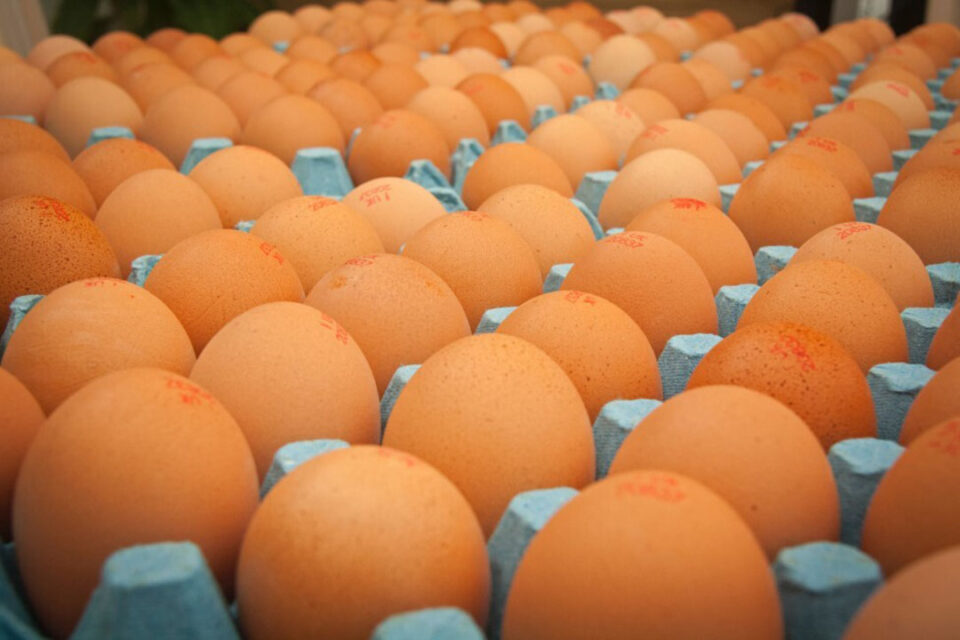Poultry farmers in Nigeria are raising the alarm over a significant drop in egg consumption, which they attribute to economic hardship, weakened consumer purchasing power, and what they describe as excessive price hikes by retailers. The Poultry Association of Nigeria (PAN), Lagos State Chapter, is calling for urgent intervention to prevent further losses and sustain egg production in the country.
Mojeed Iyiola, Chairman of PAN Lagos, emphasized that eggs remain the most accessible and affordable source of animal protein for Nigerians. However, he noted a worrying decline in consumer demand, which he says reflects deeper economic distress and unfair pricing practices in the retail sector.
“The farm gate price of eggs remains below ₦5,500 per crate,” Iyiola said in an interview with the News Agency of Nigeria (NAN). “But retailers often inflate prices to ₦6,000 or even ₦6,500, driving away consumers and giving the false impression that farmers are to blame.”
According to Iyiola, a reasonable markup should be between ₦100 and ₦200 per crate. Anything beyond that, he argued, constitutes price gouging and undermines the sustainability of the entire poultry value chain. Farmers, he stressed, are already operating under difficult conditions, including high feed prices and rising production costs.
Economic Hardship Dampens Demand
Iyiola also pointed to Nigeria’s broader economic challenges as a key reason for dwindling egg consumption. With many households struggling to cover basic needs, protein-rich foods like eggs are increasingly viewed as non-essential. Despite being more affordable than meat or fish, eggs are still being cut from shopping lists as families tighten their budgets.
“The reality is that people are prioritizing survival,” Iyiola said. “We’re seeing a shift in consumption patterns that’s hurting both farmers and consumers who rely on eggs for affordable nutrition.”
Processors Echo Concerns
Joel Oduware, a poultry processor, echoed these concerns, citing the global economic downturn as a compounding factor. He noted that even with the resumption of schools—a period when egg demand traditionally increases—sales have remained weak, particularly in northern regions of the country.
While Oduware suggested that slightly reducing egg prices might help stimulate demand, he warned that any price adjustment must take the rising cost of production into account. Without profitability, he said, farmers will be forced to exit the industry.
Call for Government Support
Previously, poultry farmers in Lagos State benefited from a temporary government subvention that helped lower production costs. However, Iyiola revealed that this support has since been discontinued, leaving farmers vulnerable.
He appealed to both state and federal governments to provide long-term support mechanisms, such as subsidies or financial aid, to prevent the collapse of poultry farms and the loss of thousands of jobs.
“If nothing is done, we risk losing a critical source of nutrition and livelihood,” Iyiola warned. “Eggs are essential to food security, and the government must step in to ensure they remain affordable and available.”
Striking a Balance
The crisis in Nigeria’s poultry industry underscores the delicate balance between production costs, retail pricing, and consumer affordability. As poultry farmers face mounting challenges, they are urging stakeholders across the value chain—including policymakers, retailers, and consumers—to work together to ensure that eggs, a vital and affordable protein source, remain within reach for the average Nigerian.



